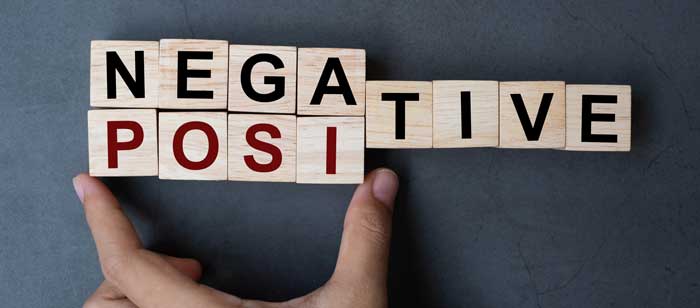In this post I share an alternative to New Year’s Resolutions. I call it New Year’s Self-review. If you’ve ever failed to stick to your resolutions this alternative approach may help you.
Why resolutions don’t work?
This comes down to how our brain works.
- Knowing (cognitively) what habits we should give up and what new habits we should start doing decreases our ability to act. This surprising fact is now evidenced by scientific research.
- Focusing on the negatives, on our shortcomings and the obstacles to improvement activates our brain’s fear centre, hence we become defensive and stressed.
- Our brain seeks comfort, pleasure and reward in our daily activities and tries to avoid discomfort and pain. This is a fundamental human condition.
How could we make ourselves stick to activities that we hate doing or give up those that we’ve found pleasurable for so long?
Desire vs. ability to change
The more we want to change something the more motivated we become; isn’t it true? NO. In fact, the opposite is true. The stronger the desire to change, the weaker our ability gets to act upon it.
Why? Because we see a deeper gap between goal and reality. Listening to the self-doubting, highly critical voice in our head telling us that we are a failure, is discouraging. People with shame and guilt-fuelled self-criticism tend to give up, according to studies, or not even start working towards positive change.
How to close this gap?
“Self-critical individuals engage in harsh self-scrutiny and fear of being disapproved, criticised or lose the approval and acceptance of others. Self-compassion, on the other hand, involves treating one’s self with care and concern when confronted with personal inadequacies, mistakes, failures, and painful life situations” (1).
We can chose to turn on ourselves and that will give us a false sense that we are at least doing something about it: condemn and criticise. Forgiving ourselves, however, means acknowledging and accepting what we don’t have yet. Through this process we realise that the anger and blame in our heart holds us back from achieving the rest of what we pursue. When we overcome our fear of falling short and our fear of loosing relationships, research shows that we are more likely to take the crucial steps needed to achieve their goals.
Focus on the positives when writing your self-review

Review – What am I proud of?
- Make a list of all the positive things and achievements. They may be small and simple but it doesn’t matter.e.g.
- “I regularly helped at my son’s school as a volunteer.”
- “Had three weeks without arguing with my daughter.”
- “Didn’t drink for two weeks.”
- Forgive yourself for being human, i.e. imperfect, for things you haven’t achieved yet.
Reflect – How did I do it?
- Name at least two of your positive personality traits or strengths that enabled the above achievements to happen. A list of 58 positive personality traits is here to help you. e.g
- “I regularly helped at my son’s school as a volunteer because I am cooperative and responsible
- “Had three weeks without arguments with my teenage daughter, because I am tolerant, forgiving and realistic.
- “Didn’t drink for two weeks, because I am committed and caring.”
Reinforce – How can I do more of what’s working for me
How would your life be different if those positive traits or characteristics played a bigger role in your life?
- What would people around you notice about you? Imagine and write it down. Think about as many details as you can. Here is an example:
- “If cooperation played a bigger role in my life, my daughter would notice that I don’t make decisions for her. I’d let her explore her options. If she realises that I trust her, she’d be more open and willing to talk.”
Get the idea? A specific aspect of your character enables you to tackle a wide variety of challenges in life. Focusing on assets as opposed to the deficit has several advantages. It enhances self-acceptance and gratitude, both of which are vital for our mental and physical well-being.
References:
(1) Risk and Resilience, Warrens, Smeets, Neff (in Self-criticism and Self-compassion 2016/12)



